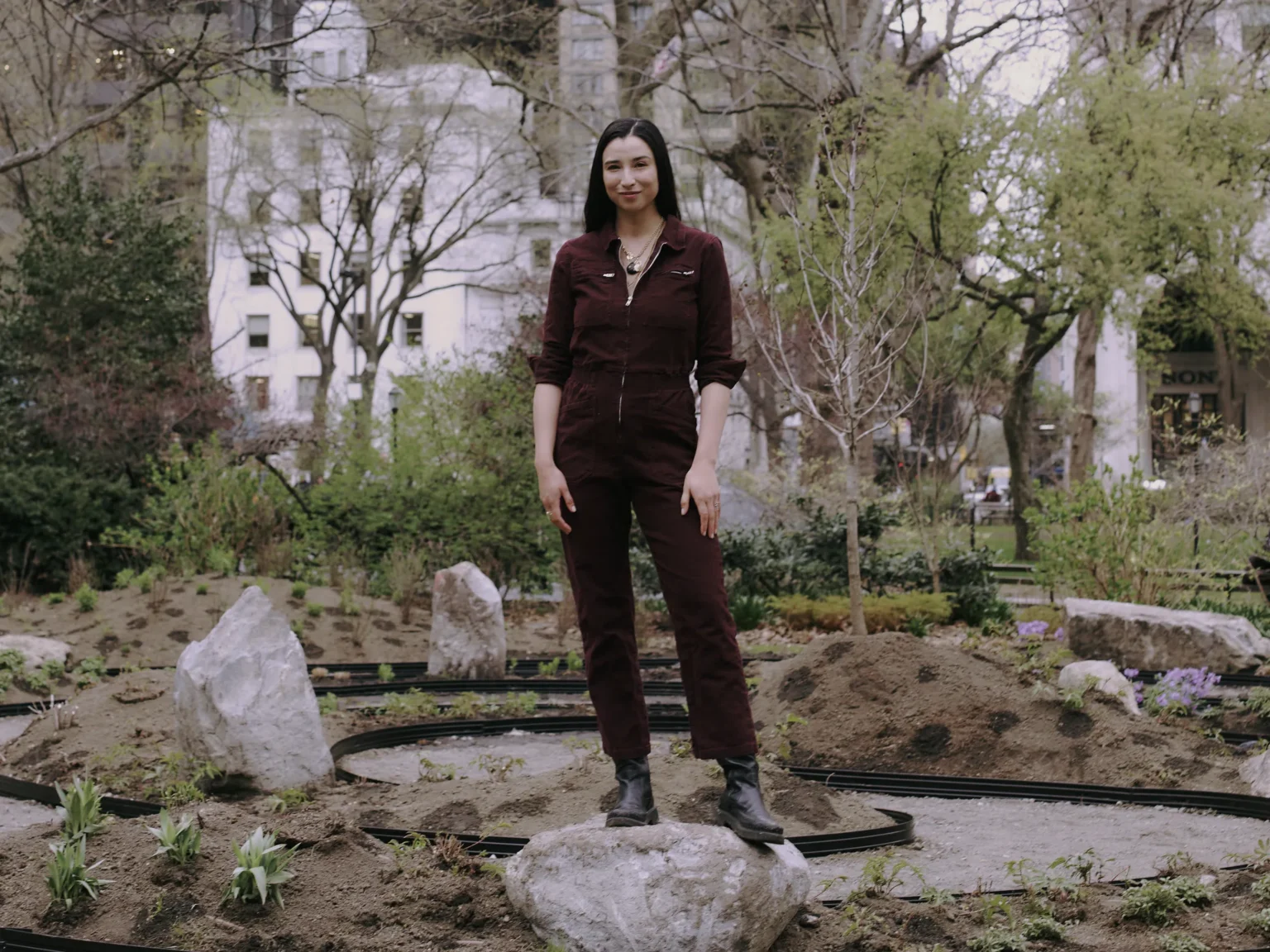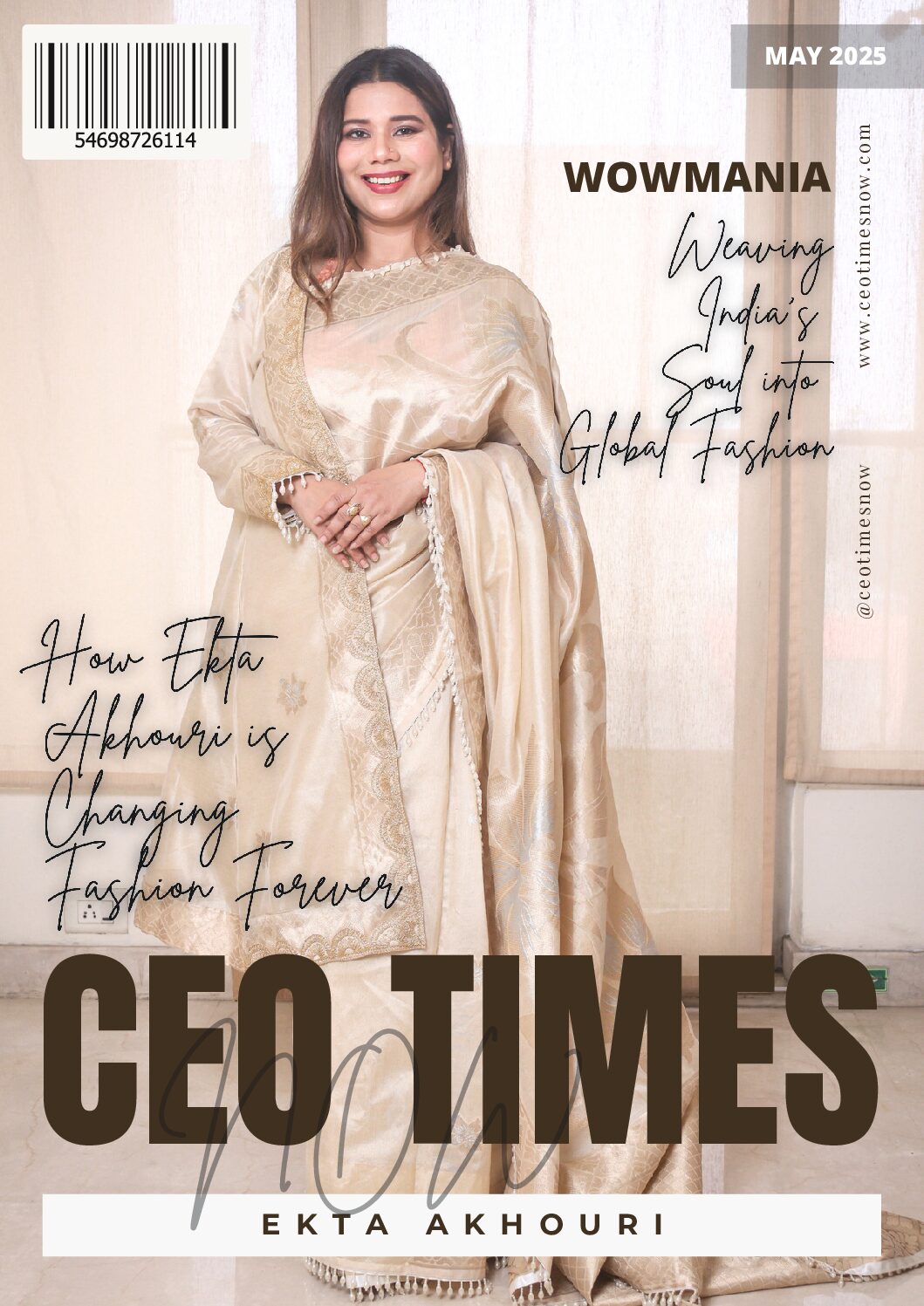For landscape artist and activist Lily Kwong, the garden is more than a physical space—it’s a sanctuary, a site of ancestral memory, and a platform for environmental and cultural advocacy. Melding her heritage with horticulture, Kwong has redefined the meaning of public green spaces, transforming them into immersive environments that nourish both the soul and society.
A Journey Rooted in Self-Discovery
Lily Kwong’s path to becoming one of today’s most prominent landscape artists began as a deeply personal journey. Struggling to find her footing in the fast-paced world of fashion and design, Kwong found clarity in the quiet rhythm of the natural world. Her connection to the earth deepened during travels and studies that exposed her to indigenous ecological knowledge, sustainability practices, and her own Chinese heritage. The garden, in this sense, became a mirror—reflecting her identity, her values, and her desire to heal generational wounds.
Cultivating Cultural Legacy
Kwong’s installations often blend botany with storytelling, incorporating plants that carry cultural significance, especially within the Chinese and broader Asian diasporic traditions. Her celebrated installation Reflections at the New York Botanical Garden, for example, incorporated native Asian flora alongside calligraphy and poetry to honor her ancestors and explore themes of migration, resilience, and rebirth.
Her projects challenge Western norms of landscaping and aesthetic beauty, instead favoring organic, often non-linear designs that embrace impermanence and the spiritual connection between humans and nature.
The Garden as a Political Act
For Kwong, designing gardens is inherently political. “To plant something,” she has said, “is to believe in the future.” In a time of environmental crisis, climate anxiety, and social fragmentation, Kwong’s work offers a counter-narrative: one that emphasizes restoration over extraction, and cooperation over dominance.
Through her firm Studio Lily Kwong, she champions green equity—bringing nature into urban communities that have historically been deprived of it. Her collaborations often include local artists, farmers, and youth groups, making landscape design a communal and democratized process.
Healing in the Soil
On a personal level, gardening has also served as a means of emotional and psychological healing for Kwong. In the midst of anxiety and burnout, she turned to soil and seeds as tools for grounding. Her practice encourages others to do the same, especially those navigating identity, trauma, or a sense of disconnection from the natural world.
Through lectures, workshops, and her installations, Kwong gently reminds audiences that healing doesn’t always require grand gestures—it can begin with something as small and deliberate as planting a seed.
Growing Toward the Future
Lily Kwong continues to push boundaries in the world of ecological design. Whether it’s collaborating with botanical gardens, reshaping urban landscapes, or speaking out on sustainability, her mission remains the same: to use nature as a vessel for both personal introspection and societal transformation.
In her hands, the garden becomes a living canvas—a space where beauty, history, resistance, and hope are grown in harmony.





